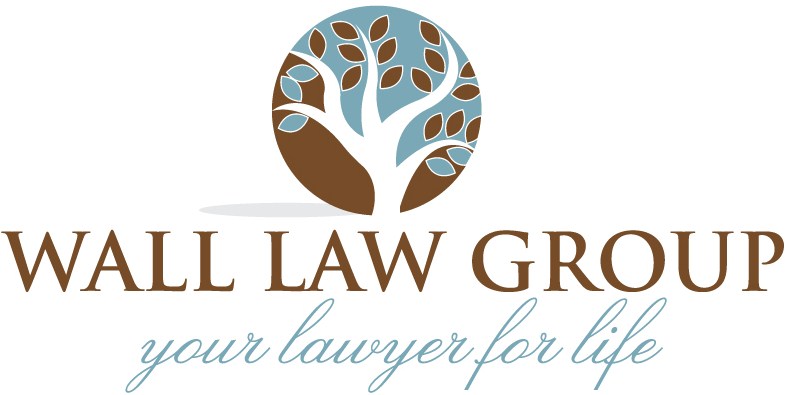To qualify for Medicaid, you must have limited income and assets (in most states, no more than $2,000 in your name). If you have more than that, you may find yourself having to "spend down" your extra assets to meet the $2,000 limit.
Is It A Good Idea To Have My Son Or Daughter On My Bank Account?
 I often meet with clients who want their adult children to be able to access their accounts to help out with writing checks or paying bills on their behalf. However, this good intention can create a very serious risk of liability if carried out incorrectly.
I often meet with clients who want their adult children to be able to access their accounts to help out with writing checks or paying bills on their behalf. However, this good intention can create a very serious risk of liability if carried out incorrectly.
Often, a parent goes to the bank and asks the teller to add the child onto the account. In doing so, the adult child is now a co-owner of this account. This action may create problems for the parent. For example, if the child has creditors, later files for divorce, has a failed business or files for bankruptcy, then the jointly owned asset may be vulnerable to claims. This could force the parent to lose some or all of that account to pay the child’s debt.
Instead of adding the child as a co-owner on bank accounts, your child could use a properly drafted Durable Power of Attorney (DPOA) to help you deal with your finances should the circumstance arise. A Durable Power of Attorney is a legal document in which you designate who you want to make legal and financial decisions for you if you cannot make them for yourself. I recommend an extremely comprehensive DPOA that allows your agent to handle virtually all legal and financial matters for you. I also usually recommend a DPOA that goes into effect the moment it is signed (rather than one that “springs” into effect upon the principal’s incapacity–called a “springing power”). This means your agent can use it even if you are not disabled. This is often necessary for the DPOA to be accepted at many financial institutions. Therefore, it is very important that you pick only people whom you trust to be your agent on your Durable Power of Attorney. Every Durable Power of Attorney should have a primary agent and an alternate agent who would act only if the primary agent is unable to act for you.
Designating the adult child as a Power of Attorney allows the child to access the account, write checks, pay bills and do everything the parent needs without connecting them personally to the account or exposing assets to the child’s creditors, predators, or divorcing spouses.
